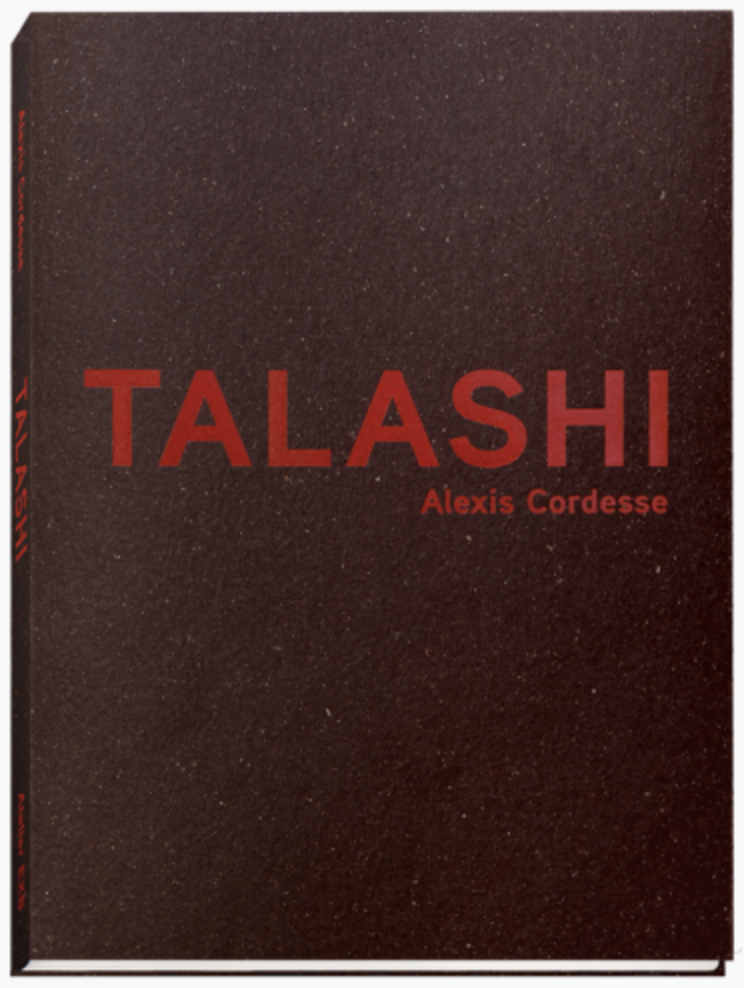Alexis Cordesse, Talashi
(Paris: Atelier EXB, 2021)
I copy-edited and proofread the texts for Alexis Cordesse’s book Talashi, made up of images belonging to Syrians in exile.
Publisher’s description: How to evoke a tragedy made paradoxically invisible by too many images? French photographer Alexis Cordesse, used to war zones, took the opposite view by collecting the rare images taken in exile, in a suitcase, on a mobile phone, which bear witness to the memory of uprooted lives. Fleeing Syria by taking personal images with you is a risk: in the event of an arrest, the photographs are seized and analyzed. The people in it become suspicious of the regime. In such a context, photography becomes dangerous. Over the course of his encounters, over a hundred in France, Germany and Turkey between 2018 and 2020, Alexis Cordesse has written the stories of these vernacular photographs and of those who entrusted them to him.
The war is seen differently, through the prism of the words of the exile and the memory of the images that he has chosen to keep. Photography as a tangible trace is put in tension: what does it tell us about the war experience, what does it tell us about each one? Talashi addresses the circulation of images through the experience of exile. These photographs have survived destruction and oblivion. Their presence speaks of the absence of those forever gone.
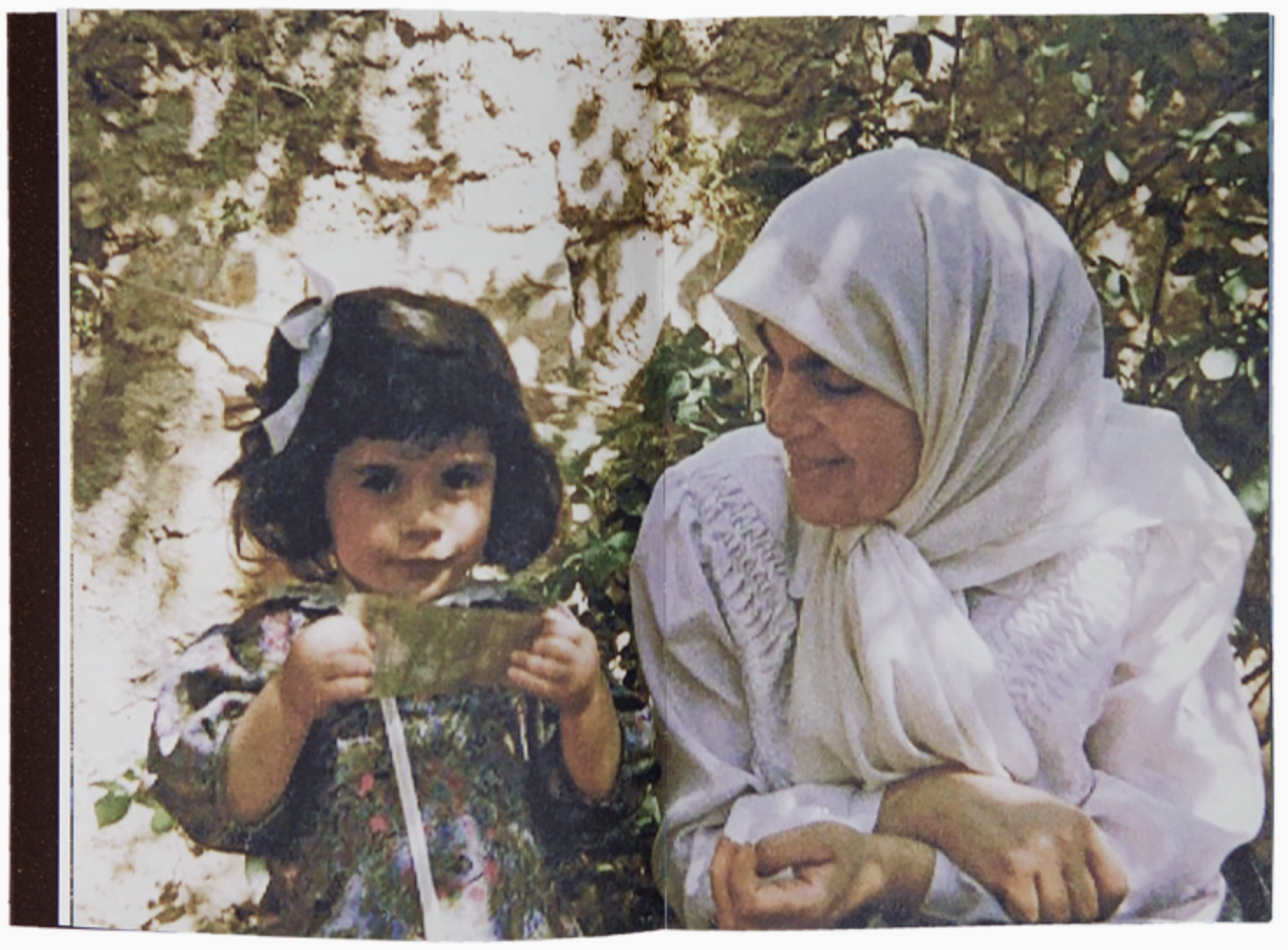
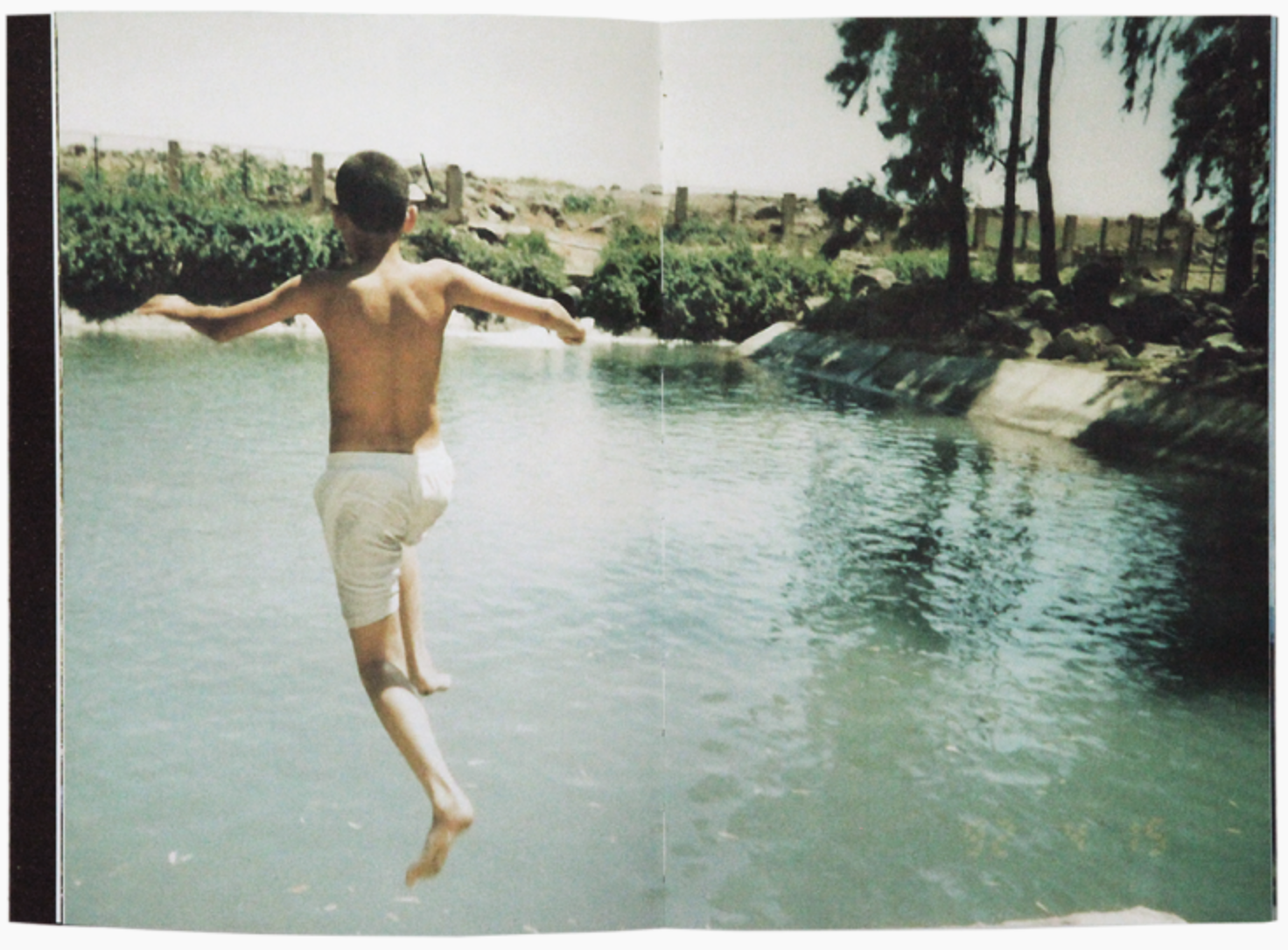
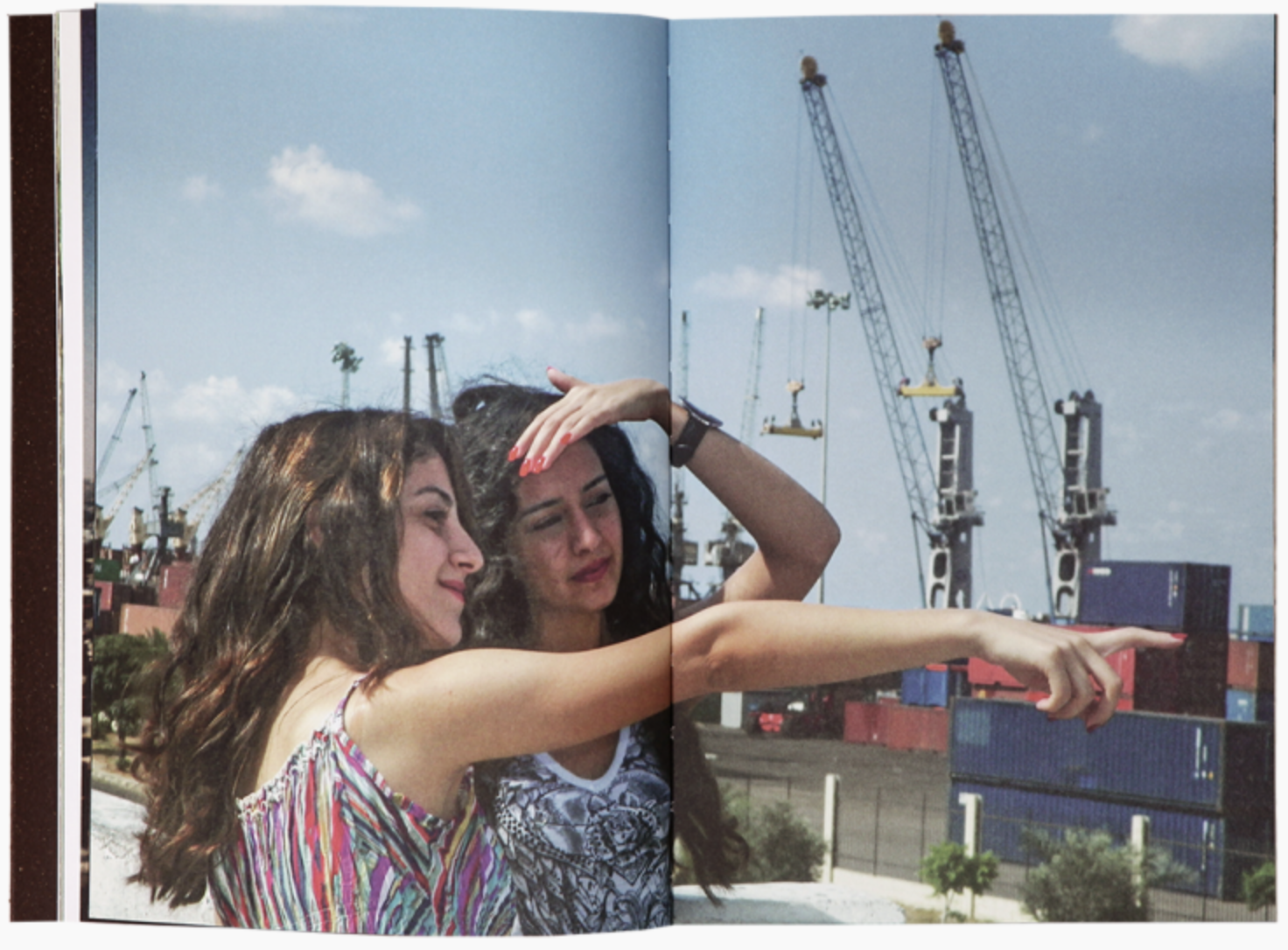
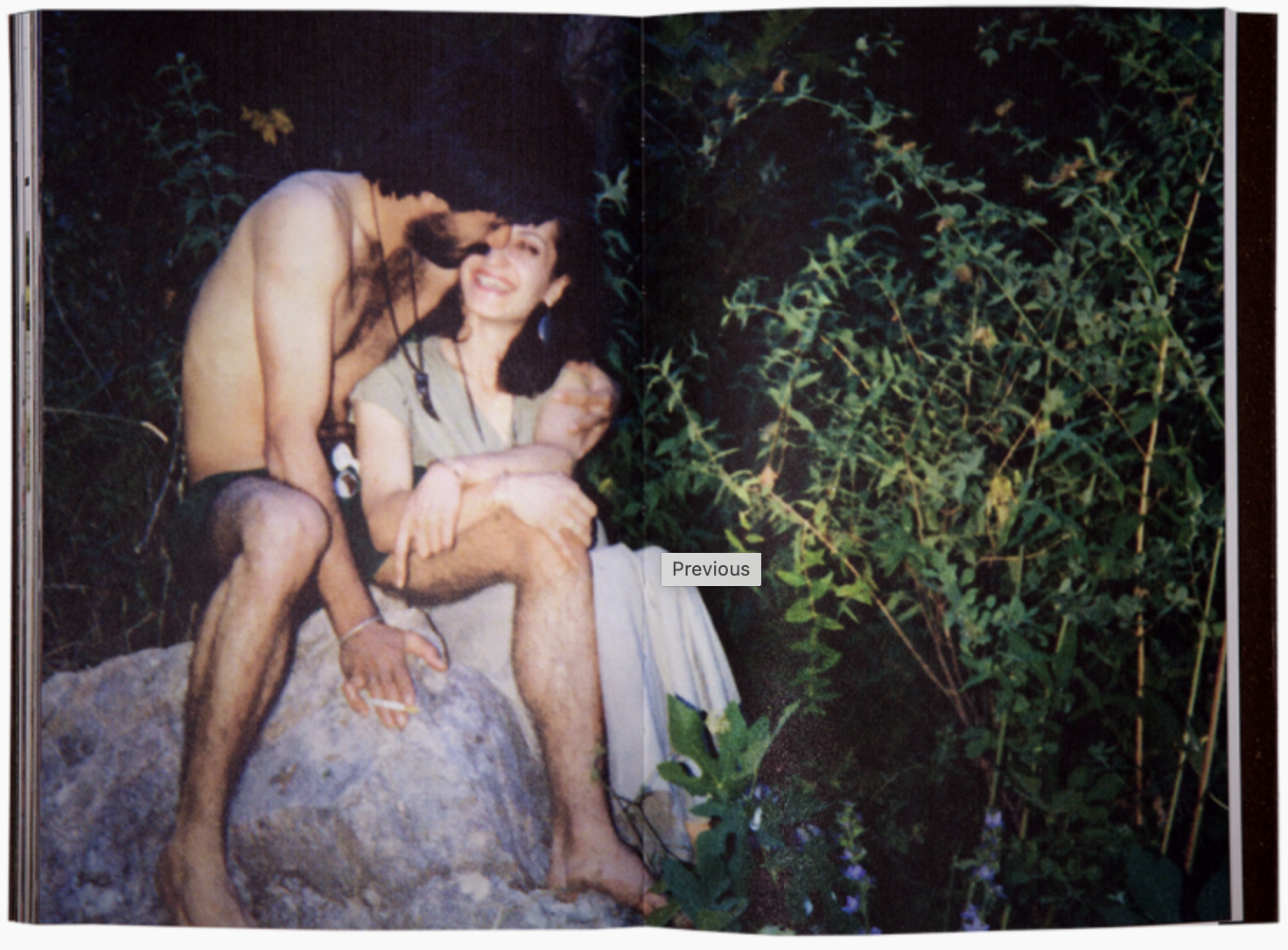
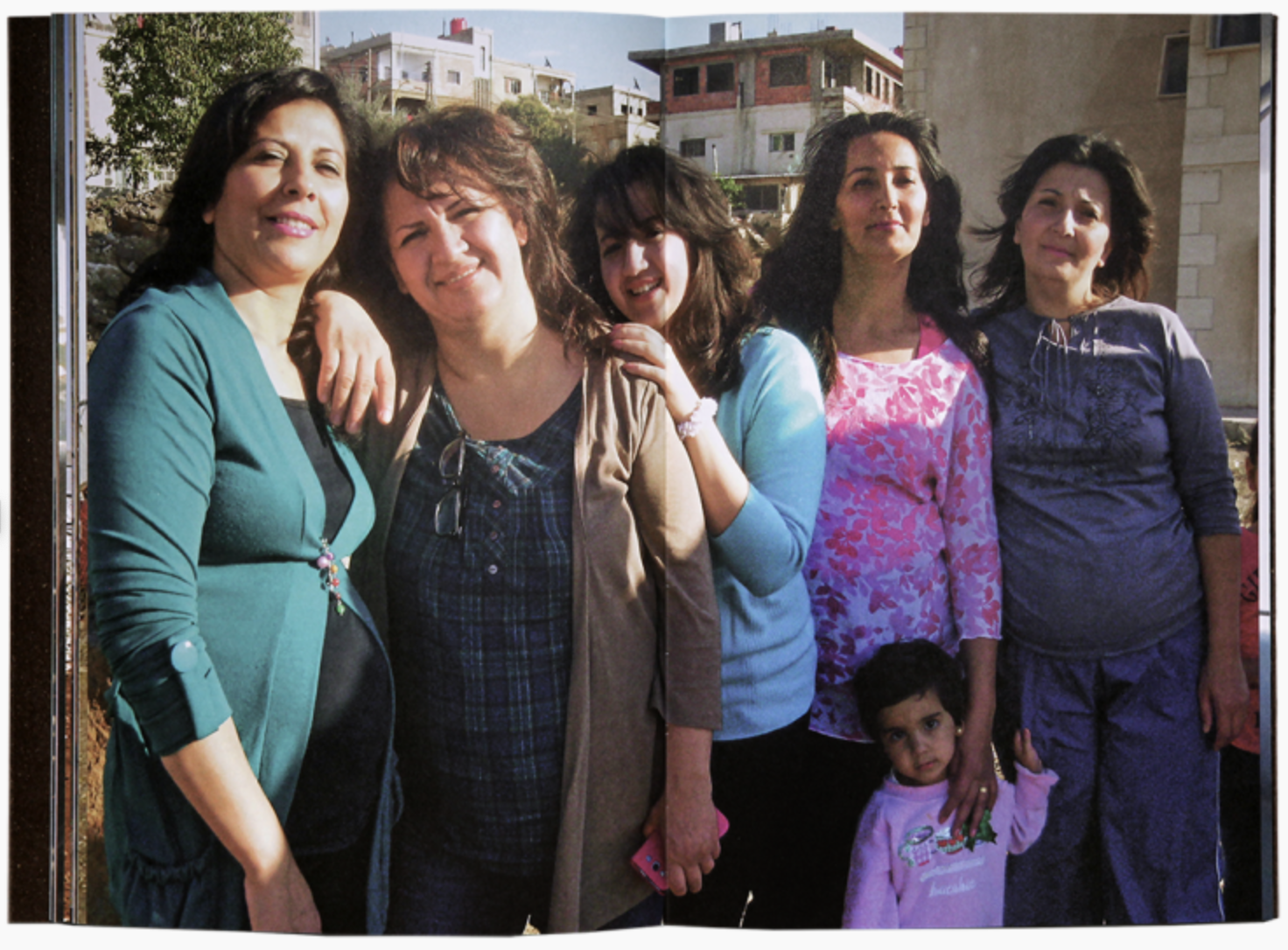
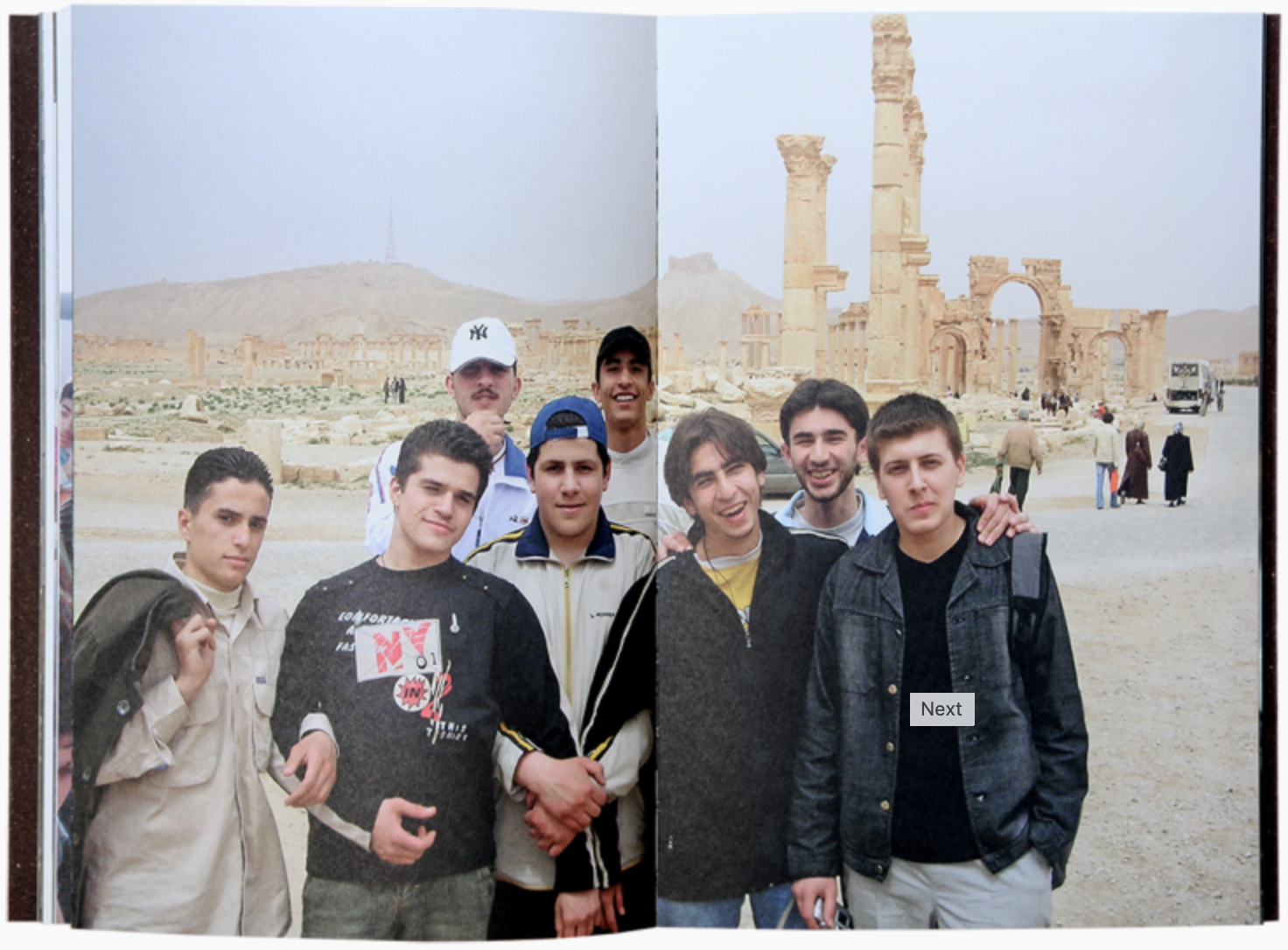
“Talashi is a word in the Arabic language which can be translated by fragmentation, erosion, disappearance. Outside the scope of news images, this work of reappropriation offers a sober and humble story, at the crossroads of intimacy and History.”
Alexis Cordesse
